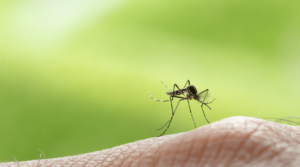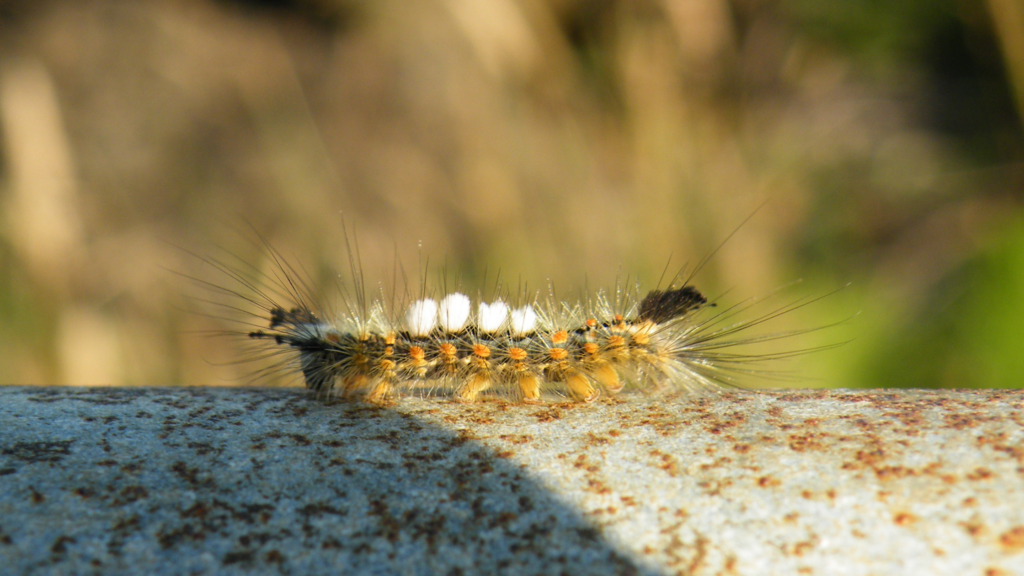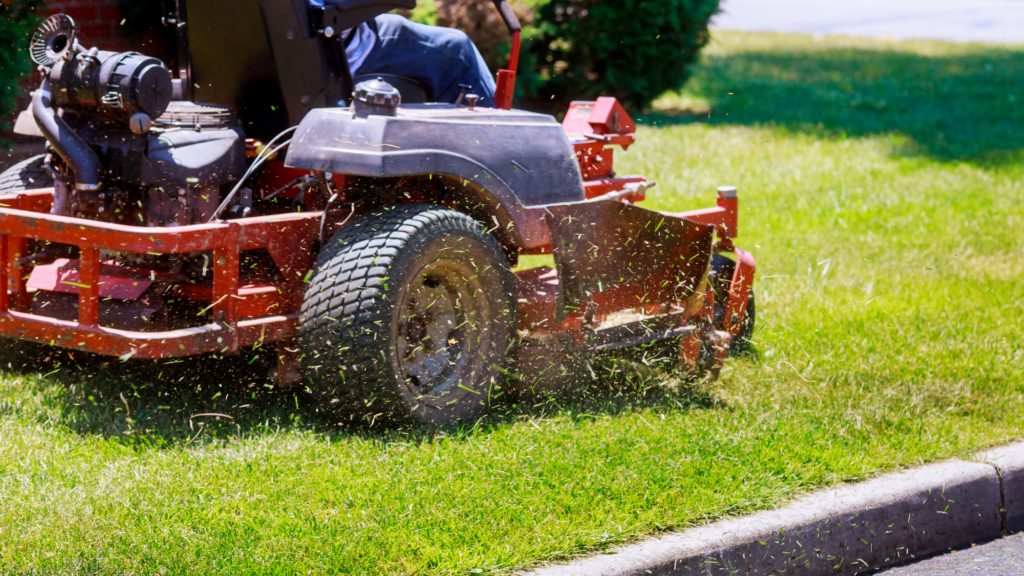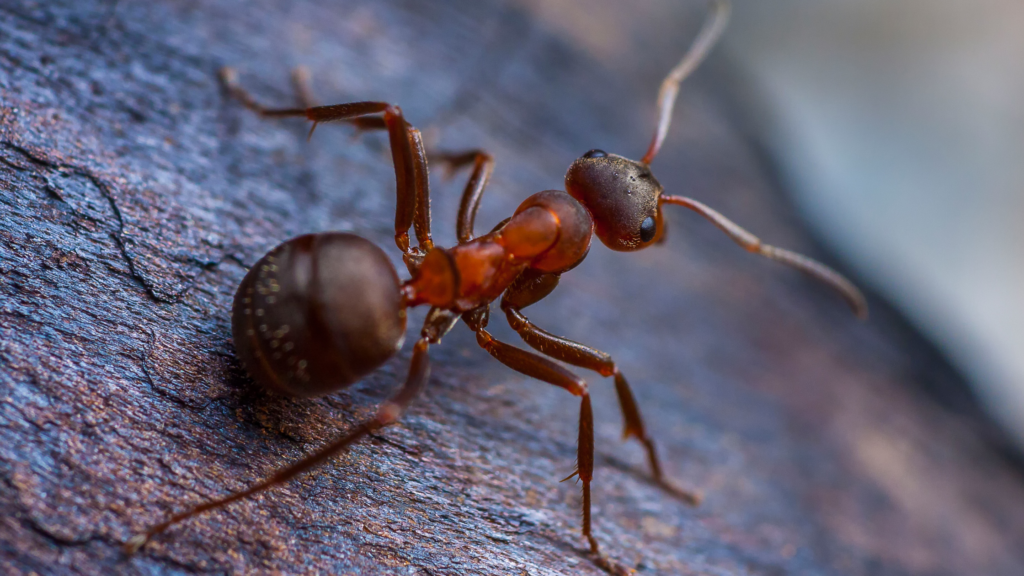
Having your yard treated by mosquito control professionals is essential to keeping the population of these dangerous pests down, but that’s only part of the equation. The other part is you! There are many things homeowners like you can do to reduce the number of mosquitoes in your yard and the risk of contracting the diseases that mosquitoes carry.
Let’s take a look at mosquito facts, a list of steps you can take, and how Turner Pest Control can help make your yard a place you can enjoy even at the height of mosquito season.
Mosquito Facts
These are some of the questions that our entomologists are asked about mosquitoes:
Where do mosquitoes live?
These two-winged insects are found around in the world except for where it’s always freezing. There are about 80 species in Florida, where the adult mosquitoes live everywhere, from our backyards to wilderness areas.
What do mosquitoes eat?
The blood of humans and animals isn’t the only meal mosquitoes will eat. The larvae will eat bacteria, algae, tiny crustaceans, and other organisms in the water where they develop. Adults will also consume nectar in flowers and plants, which is an energy source.
What eats mosquitoes?
These insects have plenty of predators, both in your yard and elsewhere. Frogs, birds, bats, and dragonflies will eat adult mosquitoes, and fish, small crustaceans, and dragonfly nymphs will eat mosquito larvae.
Making your yard attractive to mosquitoes’ natural predators is good, but mosquitoes in our area will always outnumber their predators. Considering the health hazards that a bite from just one mosquito can cause, it’s important to do more than rely on nature to take care of your mosquito problem.
What are mosquitoes attracted to?
Adults mosquitoes like to rest in dark, damp, undisturbed areas. In our yards, that means they’re attracted to the shady coolness under shrubs and plants.
Female mosquitoes are also attracted to the carbon dioxide we exhale, which leads them to the blood they need to nourish their eggs. They’re also attracted to the water they need to lay their eggs.
What diseases could I catch from mosquitoes?
Several mosquito-borne diseases have been detected in Florida that can affect humans and some animals, including dengue, West Nile virus (the leading cause of mosquito-borne disease in the continental U.S.), West Nile encephalitis, St. Louis encephalitis and others. Mosquitoes can also spread malaria, as well as cause heartworms in our domestic pets.
How to Reduce The Number of Mosquitoes in Your Yard
The list of things you can do to make your yard unattractive all focus on water or moisture, and for good reason: Mosquitoes need water at every stage of their lives. Mosquito larvae and pupae can only survive in water, and female mosquitoes must lay their eggs in water where they can hatch.
There are three types of water habitats for mosquitoes: Permanent water habitats, such as the backwaters of a river; floodwater habitats, such as when we have heavy rain that causes water levels to rise in marshes; and container habitats.
Container habitats are the only ones we can control and they’re the type of habitat we provide in our yards. Anything that can hold water for any length of time can provide the standing water that mosquitoes need to lay eggs. These include some obvious containers, such as buckets and birdbaths, but also a few that might not quickly come to mind, such as children’s and pets’ toys, pets’ food and water bowls, non-working fountains, car and boat covers, gutters, wheelbarrows and gardening equipment, and even plants such as bromeliads that have “tanks” or cups at their centers that hold water.
Try to inspect your yard at least once a week for standing water, or more often during those periods when we get frequent rains.
How to Keep Mosquitoes Out of Your House
Mosquitoes are known for ruining outdoor fun, but they can also ruin a quiet evening indoors. Mosquitoes don’t need much of an opening to find their way in, so you need to closely check windows and doors for gaps and screens for even tiny holes. You may even be offering these insects some standing water indoors, so also check trays under potted plants and frequently change the water in flower vases.
How to Repel Mosquitoes
With the exceptions of babies and very young children, most everyone can take advantage of the insect repellents that are on the market today. The EPA-registered list of repellent products currently include active ingredients such as DEET and oil of lemon eucalyptus. There are also repellents that contain permethrin and are exclusively for use on clothing and shoes, camping gear, and mosquito nets, but are not for use on skin.
Although it’s uncomfortable, covering up with long-sleeved shirts and long pants when you’re headed outdoors is an excellent way to protect yourself.
How Turner’s Mosquito Control Service Can Help
After 50 years of serving customers in our warm, humid region, we know mosquitoes! Our mosquito control services can give you the pest-free yard you’ve always wanted and help keep you, your family, and your pets safe from these biting insects.
Here’s why Turner Pest Control should be your first choice for protection from mosquitoes:
- Our mosquito treatment plans are priced according to the size of the yard, so a homeowner with a 500-square-foot yard won’t pay the same price as a homeowner with a yard three times that size.
- We use fast-acting, long-lasting sprays that solve your immediate mosquito problem and keep them from coming back.
- Our ultra-low volume products are applied via a backpack mister for comprehensive coverage.
- We focus on the undersides of plants in the shady spots where mosquitoes hide.
- You can pause your mosquito control service during winter months when mosquitoes are less active.
- We offer one-time treatments to exterminate mosquitoes ahead of your planned outdoor event or activity.
Don’t wait to find out how affordable professional mosquito control can be! Schedule your free inspection and no-obligation estimate by calling us at 800-225-5305 or contacting us online.



